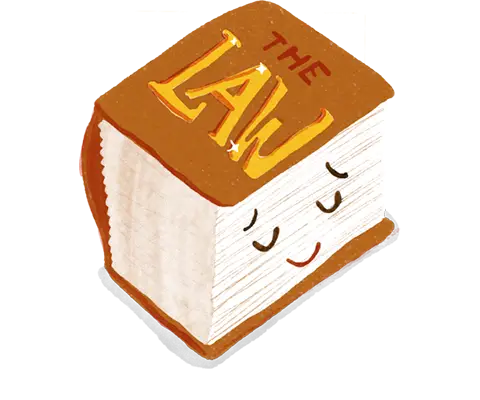Why is the law written like it is?
Why isn’t the law already written in plain language?

Laws are often hard to read. They use a lot of words and language we don’t usually use when we talk.
There are a few main reasons why the law is written like it is:
- The law is written to make sure no one can misunderstand the law. This means they use a lot of words which have very specific meanings. This also helps make sure people can’t try and find ways to avoid following the law.
- Laws need to cover all possible situations. This can make them long and detailed since they have to imagine a lot of different things that might happen.
- Laws need to use the same words and phrases over and over. This helps make sure that different laws agree with each other.
- Legal writing is very old, and it often uses old ways of writing things.
- Laws often talk about special topics and use special words that aren’t used a lot.
- Laws often mention other laws. This can make them hard to follow and understand.
This doesn’t mean that laws have to be written like they are. There are already groups in New Zealand and Australia who want to make the law use plainer language.
There is a part of the New Zealand law which says that government groups should use plain language when they talk to people.
